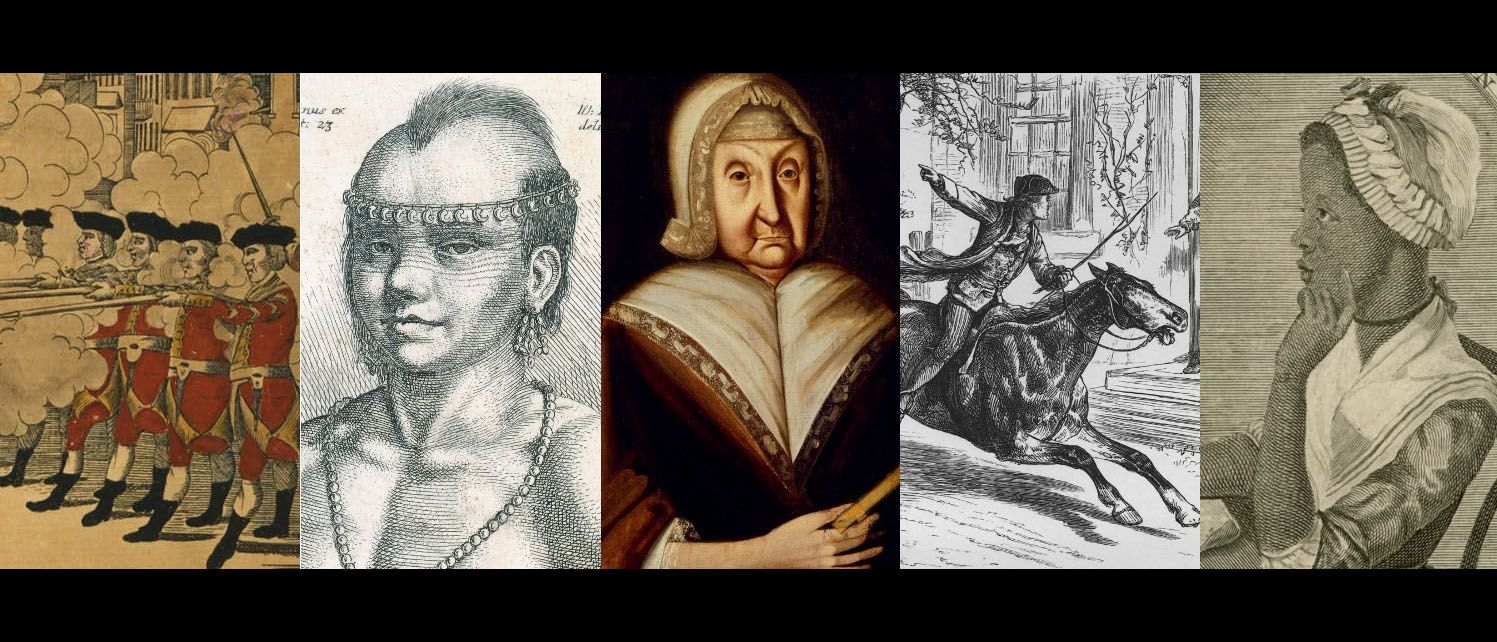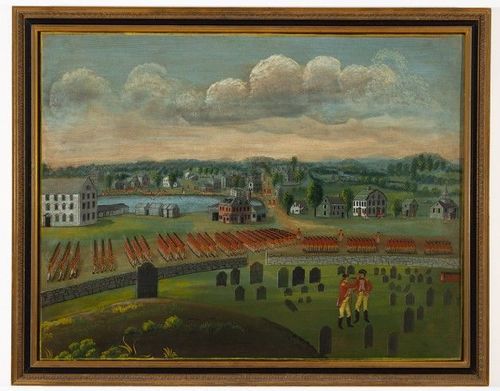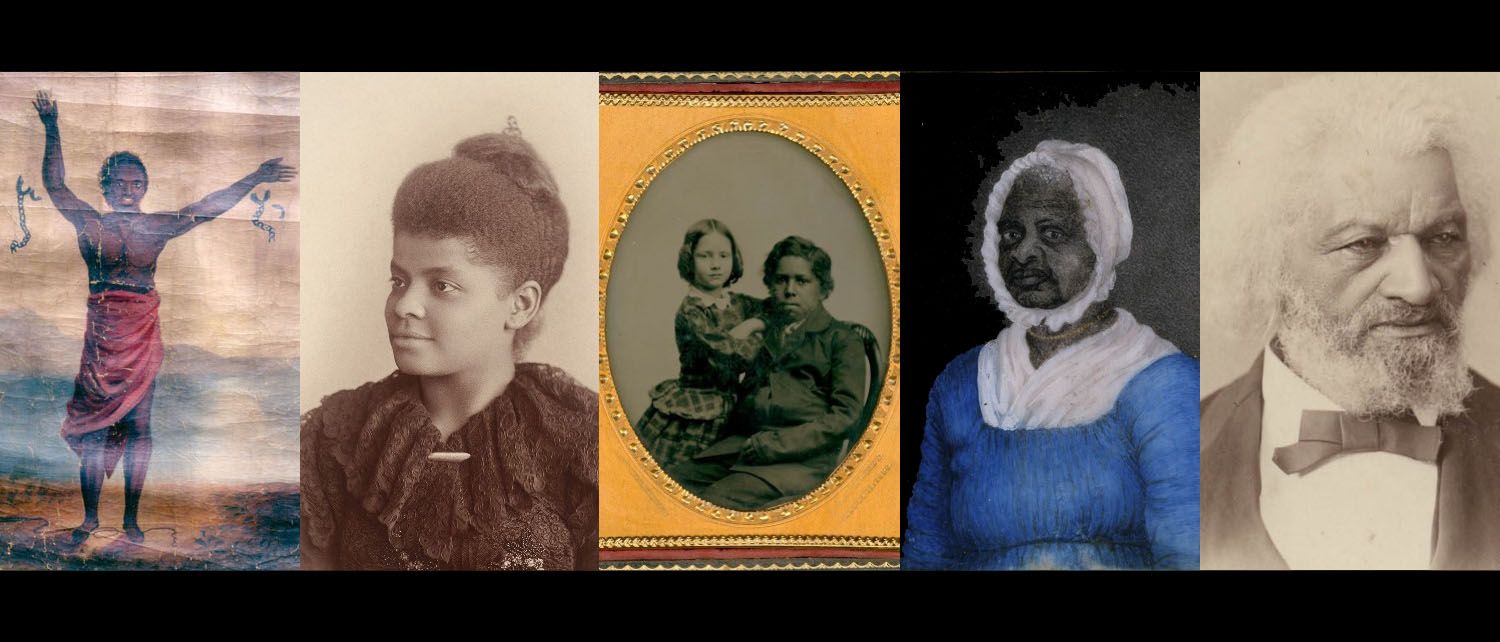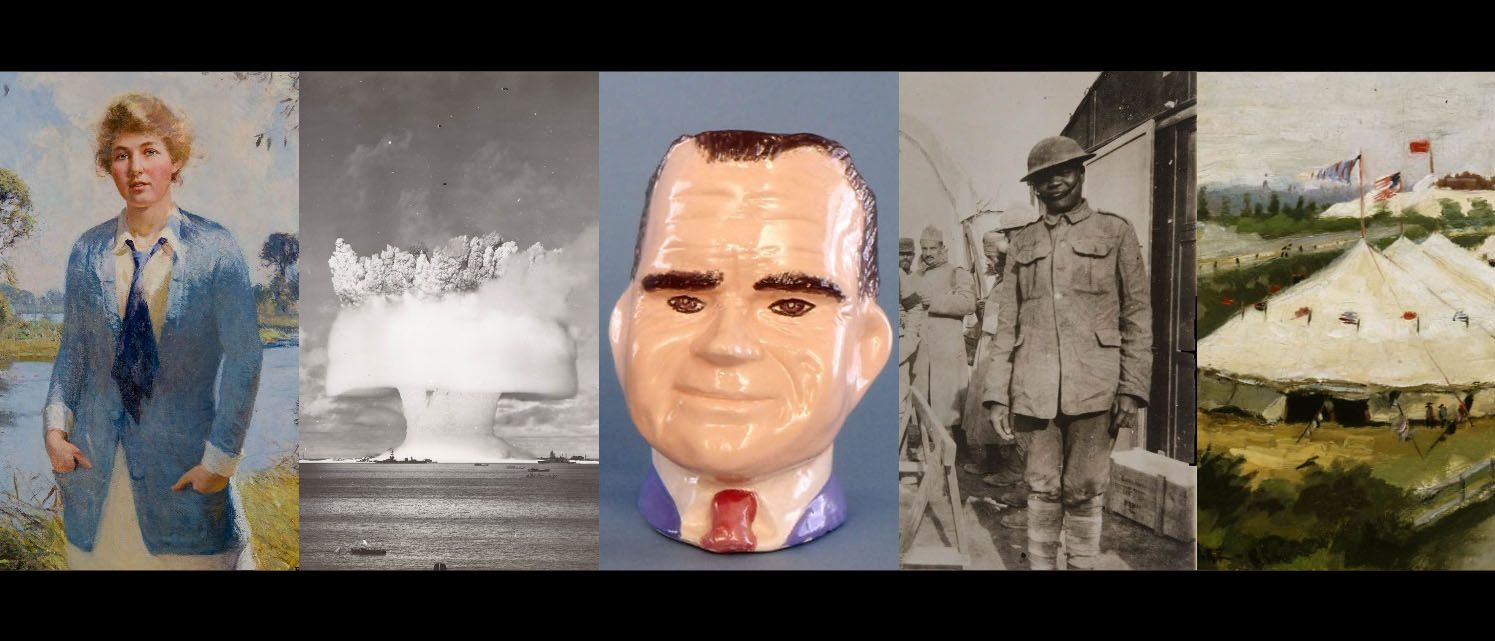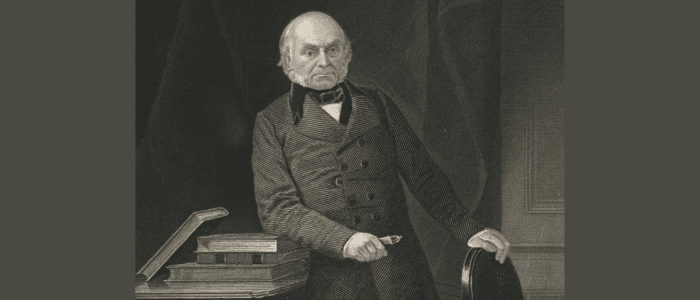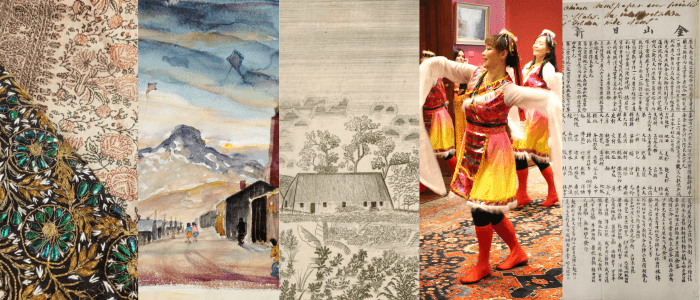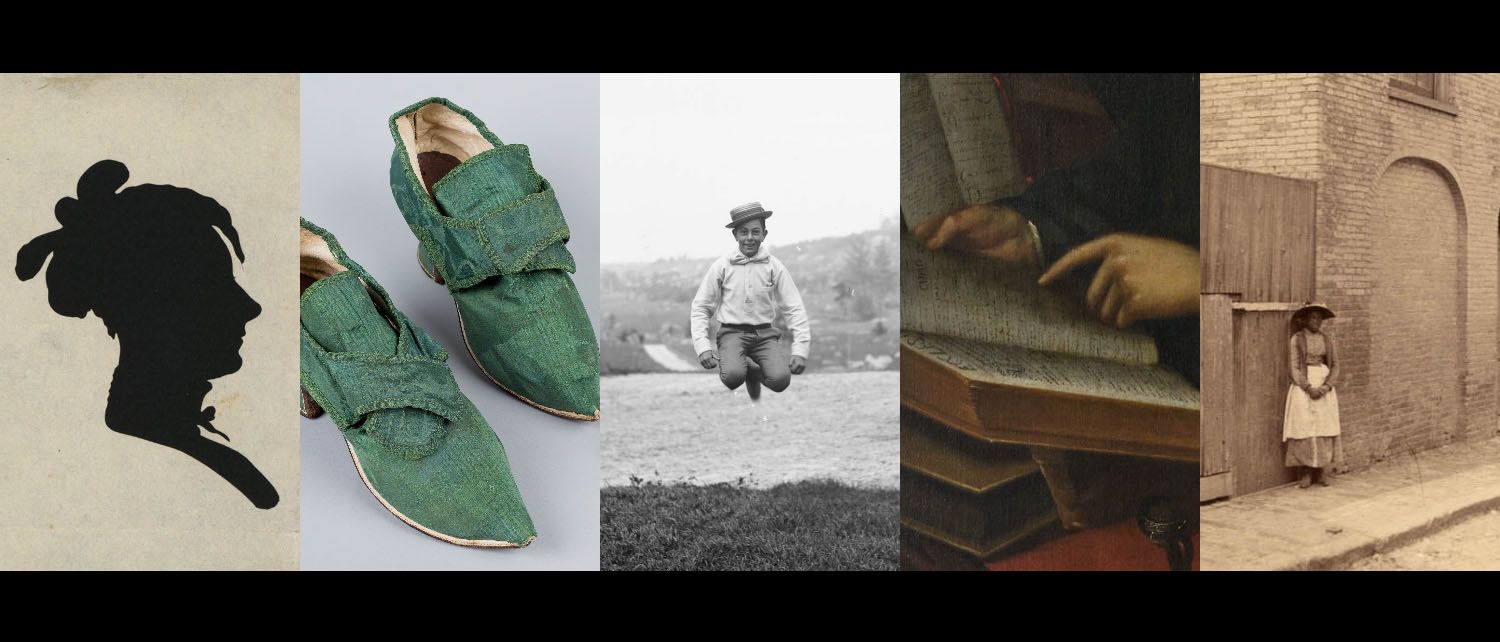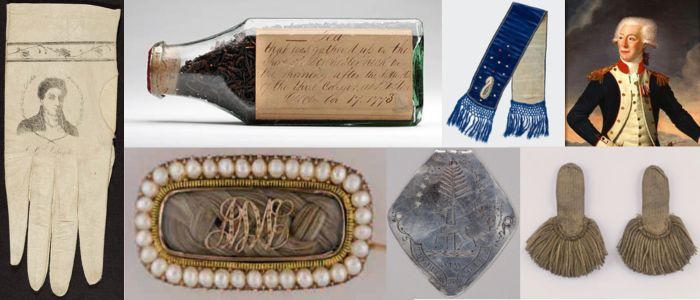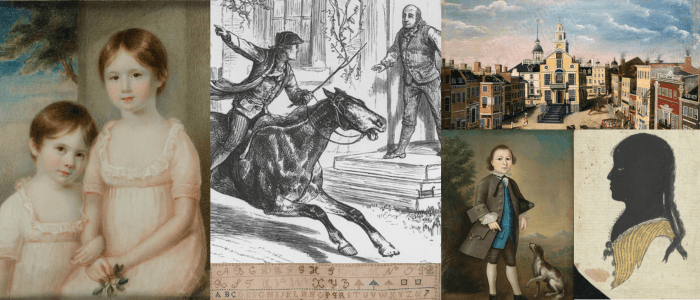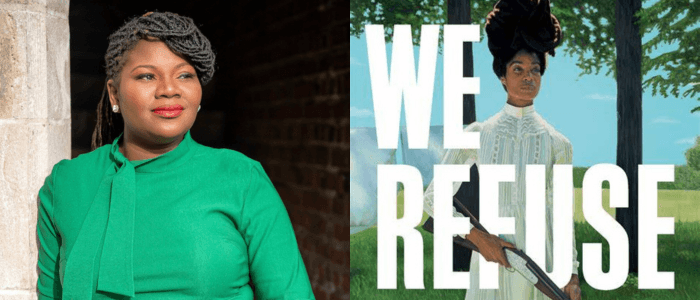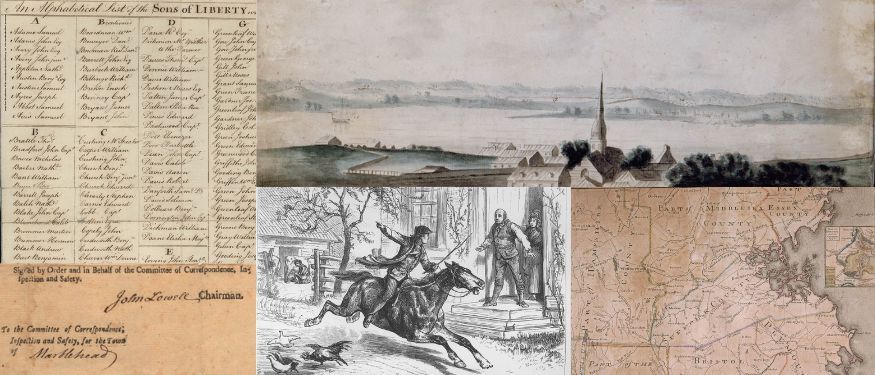Event

Modernism Series: Program Four - Preservation of Modernism
Wednesday, February 24, 2016 6:00 PM - 7:30 PM EST
At MHS
Ann Beha, AIA, Ann Beha Architects; David Fixler, FAIA, EYP, DOCOMOMO New England; Henry Moss, AIA, Bruner/Cott & Associates, DOCOMOMO New England; and Mark Pasnik, AIA, Over, Under
Today, the optimism of the movement is often forgotten and many of the buildings suffer from years of poor maintenance and are facing insensitive renovation or demolition. Architects who have renovated important modernist buildings will talk about the challenges and opportunities and explain their work locally on buildings such as Sert’s BU Law Tower and Alvar Aalto’s Baker House at MIT as well as internationally on sites such as the Gropius’s US Embassy in Greece and the UN Headquarters.
There will be a pre-talk reception at 5:30pm
